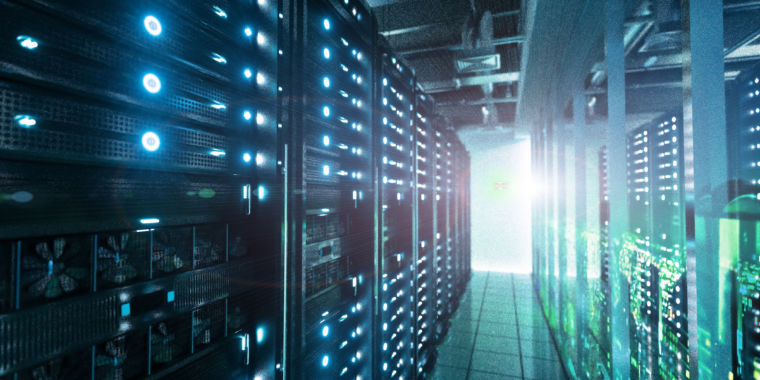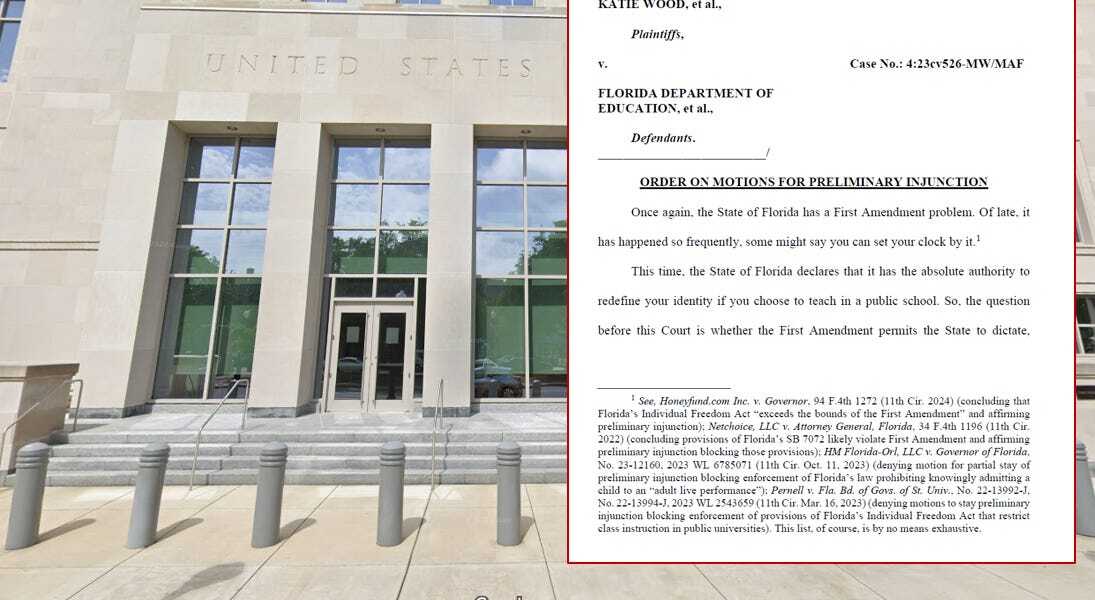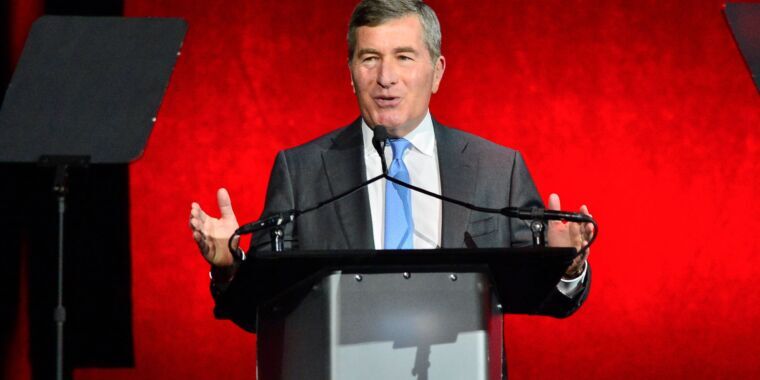stuck on decrappified windows for the immediate future.
PirateJesus
Philip answered him, 2 books is not sufficient for them. And Jesus took the books; and when he had given thanks, he distributed to the disciples, and the disciples to them that were set down. Therefore they gathered them together, and filled twelve baskets with the new copies, which remained over.
- 10 Posts
- 33 Comments

 1·2 years ago
1·2 years agoEverybody is American. They just don’t know it yet.
Gospel of the Jesus

 1·2 years ago
1·2 years agoIt seems to me to be a lesser charge. A net that catches a larger population and they can then go fishing for bigger fish to make the prosecutor look good. Or as I’ve heard from others, it is used to simplify prosecution. PedoAnon can’t argue “it’s a deepfake, not a real kid” to the SWAT team.
There is a massive disconnect between what we should be seeing, and what we are seeing. I assume because the authorities who moderate this shit almost exclusively go after real CSAM, on account of it actually being a literal offense, as opposed to drawn CSAM, being a proxy offense. This can be attributed to no proper funding of CSAM enforcement. Pedos get picked up if they become an active embarrassment like the article dude. Otherwise all the money is just spent on the database getting bigger and keeping the lights on. Which works for congress. A public pedo gets nailed to the wall because of the database, the spooky spectre of the pedo out for your kids remains, vote for me please…

 2·2 years ago
2·2 years agoAnd also it’s an AI.
13k images before AI involved a human with Photoshop or a child doing fucked up shit.
13k images after AI is just forgetting to turn off the CSAM auto-generate button.

 2·2 years ago
2·2 years agoStable Diffusion has been distancing themselves from this. The model that allows for this was leaked from a different company.

 15·2 years ago
15·2 years agoIt’s not ok to do this. https://www.thefederalcriminalattorneys.com/possession-of-lolicon

 22·2 years ago
22·2 years agoMaking the CSAM is illegal by itself https://www.thefederalcriminalattorneys.com/possession-of-lolicon
Title is pretty accurate.

 36·2 years ago
36·2 years agoCreating the pics is a crime by itself. https://www.thefederalcriminalattorneys.com/possession-of-lolicon

 114·2 years ago
114·2 years agoso many people still think it should be illegal
It is illegal. https://www.thefederalcriminalattorneys.com/possession-of-lolicon

 18·2 years ago
18·2 years agoThe generated stuff is as illegal as the real stuff. https://www.thefederalcriminalattorneys.com/possession-of-lolicon https://en.wikipedia.org/wiki/PROTECT_Act_of_2003

 15·2 years ago
15·2 years agoIt would be illegal in the United States. Artistic depictions of CSAM are illegal under the PROTECT act 2003.

 23·2 years ago
23·2 years agoAsked whether more funding will be provided for the anti-paint enforcement divisions: it’s such a big backlog, we’ll rather just wait for somebody to piss of a politician to focus our resources.

 311·2 years ago
311·2 years agoSimulated crimes aren’t crimes.
Artistic CSAM is definitely a crime in the United States. PROTECT act of 2003.

 28·2 years ago
28·2 years agoThe major concern to me, is that there isn’t really any guidance from the FBI on what you can and can’t do, which may lead to some big issues.
The Protect Act of 2003 means that any artistic depiction of CSAM is illegal. The guidance is pretty clear, FBI is gonna raid your house…eventually. We still haven’t properly funded the anti-CSAM departments.

 477·2 years ago
477·2 years agoOMG. Every other post is saying their disgusted about the images part but it’s a grey area, but he’s definitely in trouble for contacting a minor.
Cartoon CSAM is illegal in the United States. AI images of CSAM fall into that category. It was illegal for him to make the images in the first place BEFORE he started sending them to a minor.
https://www.thefederalcriminalattorneys.com/possession-of-lolicon

 712·2 years ago
712·2 years agoCurrently, we do not outlaw written depictions nor drawings of child sexual abuse
Cartoon CSAM is illegal in the United States
https://www.thefederalcriminalattorneys.com/possession-of-lolicon

 89·2 years ago
89·2 years agoCartoon CSAM is illegal in the United States. Pretty sure the judges will throw his images under the same ruling.
https://en.wikipedia.org/wiki/PROTECT_Act_of_2003
https://www.thefederalcriminalattorneys.com/possession-of-lolicon

 1·2 years ago
1·2 years agoCreative Commons License (CC BY-NC-ND 3.0)
More States Are Allowing Child Support Payments to Reach Children
by Eli Hager
ProPublica is a Pulitzer Prize-winning investigative newsroom. Sign up for The Big Story newsletter to receive stories like this one in your inbox.
It is one of the enduring myths of the U.S. child support system: that payments made by fathers actually make it to their families. And yet, every year, hundreds of millions of dollars in child support is instead intercepted by federal and state governments — as reimbursement for the mother having received welfare at some point.
But that may be changing. Since a 2021 ProPublica investigation found that child support payments totaling $1.7 billion annually were taken from families and redirected into state coffers, at least six states have rewritten their laws and policies to allow the money to flow directly to kids.
New Mexico, where we focused our reporting, made such a change shortly after our story was published. From Wyoming to Illinois, Michigan to Vermont to California, more child support is now going to children. And several other states are considering similar reforms during their upcoming legislative sessions.
This July, Illinois will start “passing through” all child support paid by fathers to their families, instead of pocketing it as repayment for welfare. “The intent of this change is for more families to receive more support,” said Jamie Munks, spokesperson for the Illinois Department of Healthcare and Family Services. A state’s child support system should not be funded by withholding child support from the lowest-income families being served, she said.
“Not passing through money to a family who is already experiencing financial difficulties will likely exacerbate those difficulties and may make them more reliant on government assistance,” Munks added.
Nicole Darracq, assistant director at the California Department of Child Support Services, said that under a new state law her agency has roughly doubled the amount of child support that it is passing through to families currently receiving welfare. There was roughly a $44 million net increase in payments to families from 2019 to 2022, she said.
Darracq added that starting this week, another piece of new state legislation will allow child support that fathers pay to mothers who’ve previously received welfare to go to those moms and their kids, instead of being intercepted. This change will send an additional $160 million to families each year, she said.
According to the National Conference of State Legislatures’ most recent analysis of state laws, at least 26 states and Washington, D.C., pass through some or all child support payments made by fathers to their families that have received welfare, also known as Temporary Assistance for Needy Families. In the other states, the government takes the cash.
The practice of confiscating child support from poor families persists in part because some conservative policymakers believe that welfare provided to single mothers should be considered a loan from taxpayers, to later be repaid by the patriarch of the family.
“Legislators suggest to me that if a family gets both [welfare] and child support, they’re ‘double-dipping,’” Jim Fleming, past president of both the National Council of Child Support Directors and the National Child Support Enforcement Association, told ProPublica in 2021. “That argument is still out there,” he said, although it is “becoming more and more of a minority view.”

 8·2 years ago
8·2 years agoYour complaints should be in the donation message.











Guess who doesn’t read the news but shows up to vote anyways?
Vote!